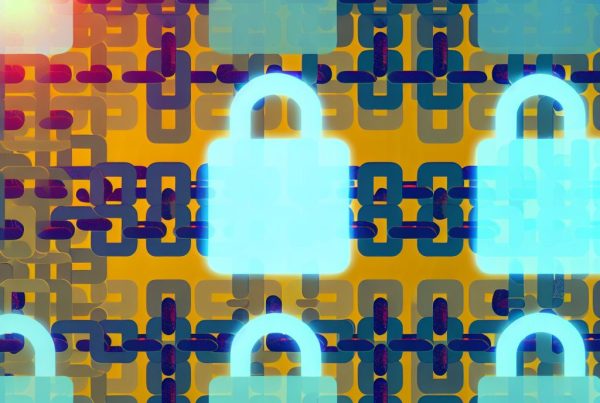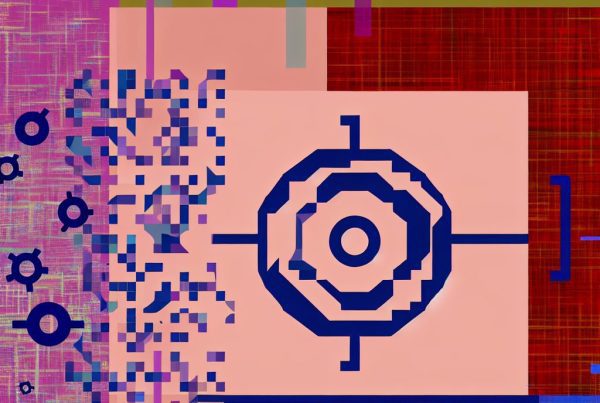What Is Deterministic Wallet Recovery?
In the world of cryptocurrency, the security and accessibility of digital assets are paramount. As more individuals and institutions adopt cryptocurrencies, understanding the mechanisms behind wallet recovery becomes increasingly important. One such mechanism is deterministic wallet recovery, a method that enhances the security and usability of cryptocurrency wallets. This article delves into the intricacies of deterministic wallets, their recovery processes, and their significance in the cryptocurrency ecosystem.
Understanding Deterministic Wallets
A deterministic wallet is a type of cryptocurrency wallet that generates a sequence of private keys from a single seed phrase. This seed phrase, typically consisting of 12 to 24 words, serves as the master key to all the wallet’s addresses and their corresponding private keys. The primary advantage of deterministic wallets is that they allow users to recover their entire wallet by simply remembering or securely storing this seed phrase.
There are two main types of deterministic wallets:
- Hierarchical Deterministic (HD) Wallets: These wallets follow a specific structure defined by the BIP32 (Bitcoin Improvement Proposal 32) standard. They allow for the creation of a tree-like structure of keys, enabling users to generate multiple addresses from a single seed.
- Non-Hierarchical Deterministic Wallets: These wallets generate keys in a flat structure without the hierarchical organization, making them less flexible than HD wallets.
The Importance of Wallet Recovery
Wallet recovery is a critical aspect of cryptocurrency management. If a user loses access to their wallet—due to device failure, loss of the device, or forgetting their password—they risk losing their digital assets permanently. Deterministic wallet recovery provides a safety net, allowing users to regain access to their funds through their seed phrase.
Here are some key reasons why wallet recovery is essential:
- Security: By using a seed phrase, users can secure their wallets against unauthorized access while still having a reliable recovery method.
- Convenience: Users can manage multiple addresses and accounts without needing to remember numerous private keys.
- Peace of Mind: Knowing that there is a straightforward recovery process can alleviate the anxiety associated with managing digital assets.
How Deterministic Wallet Recovery Works
The recovery process for a deterministic wallet is straightforward. Here’s a step-by-step breakdown:

- Seed Generation: When a user creates a deterministic wallet, a seed phrase is generated. This phrase is crucial for wallet recovery.
- Key Derivation: The wallet uses the seed phrase to derive all associated private keys and addresses. This process is deterministic, meaning the same seed will always produce the same keys.
- Backup the Seed Phrase: Users are advised to write down their seed phrase and store it securely, as it is the only way to recover their wallet.
- Restoration: If a user loses access to their wallet, they can restore it by entering the seed phrase into a compatible wallet application, which will regenerate all associated keys and addresses.
Real-World Applications of Deterministic Wallet Recovery
Deterministic wallet recovery has been widely adopted across various cryptocurrency platforms and applications. Here are some notable examples:
- Hardware Wallets: Devices like Ledger and Trezor utilize deterministic wallets, allowing users to securely store their cryptocurrencies while providing an easy recovery method through seed phrases.
- Software Wallets: Popular software wallets such as Exodus and Electrum also implement deterministic recovery, making it easy for users to manage their assets across multiple devices.
- Decentralized Finance (DeFi): Many DeFi platforms require users to connect their wallets. Deterministic recovery ensures that users can access their funds even if they switch devices or wallets.
Statistics on Cryptocurrency Wallet Usage
As of 2025, the adoption of cryptocurrency wallets has surged. Here are some relevant statistics:
- Over 300 million cryptocurrency wallets are in use globally.
- Approximately 60% of cryptocurrency users prefer using deterministic wallets due to their recovery features.
- Hardware wallets account for about 25% of all wallet usage, with a significant portion utilizing deterministic recovery methods.
Challenges and Considerations
While deterministic wallet recovery offers numerous benefits, it is not without challenges. Here are some considerations:
- Seed Phrase Security: If someone gains access to a user’s seed phrase, they can easily access the wallet and its funds. Users must ensure their seed phrases are stored securely.
- Compatibility: Not all wallets support the same standards for seed phrases. Users should ensure that their recovery method is compatible with the wallet they intend to use.
- Human Error: Users may forget their seed phrases or misplace them, leading to permanent loss of access to their funds.
Best Practices for Deterministic Wallet Recovery
To maximize the benefits of deterministic wallet recovery, users should follow these best practices:
- Secure Storage: Store your seed phrase in a safe place, such as a safe deposit box or a secure digital vault.
- Use Multiple Backups: Consider creating multiple copies of your seed phrase and storing them in different locations.
- Regularly Update Wallet Software: Keep your wallet software up to date to ensure you have the latest security features and improvements.
- Educate Yourself: Stay informed about the latest developments in cryptocurrency security and wallet management.
FAQs About Deterministic Wallet Recovery
What happens if I lose my seed phrase?
If you lose your seed phrase, you will not be able to recover your wallet or access your funds. It is crucial to store your seed phrase securely.
Can I use my seed phrase with different wallets?
Yes, as long as the wallets are compatible with the same standards (e.g., BIP39 for seed phrases), you can use your seed phrase to recover your wallet across different applications.
Are all cryptocurrency wallets deterministic?
No, not all wallets are deterministic. Some wallets use non-deterministic methods, which require users to manage multiple private keys separately.
How do I know if my wallet is deterministic?
Check the wallet’s documentation or settings. If it provides a seed phrase for recovery, it is likely a deterministic wallet.
Conclusion
Deterministic wallet recovery is a vital component of cryptocurrency management, providing users with a secure and convenient way to access their digital assets. By understanding how deterministic wallets work and following best practices for recovery, users can protect their investments and enjoy peace of mind in the ever-evolving cryptocurrency landscape. For the latest news and updates in the crypto world, consider visiting Bitrabo. Stay connected with me on social media: X, Instagram, and Threads.
Disclaimer: This article is for informational purposes only and should not be considered financial advice. Always conduct your own research before making investment decisions.
The Crypto Watchlist of the Week 🔎
Subscribe to receive expert-curated projects with real potential—plus trends, risks, and insights that matter. Get handpicked crypto projects, deep analysis & market updates delivered to you.


